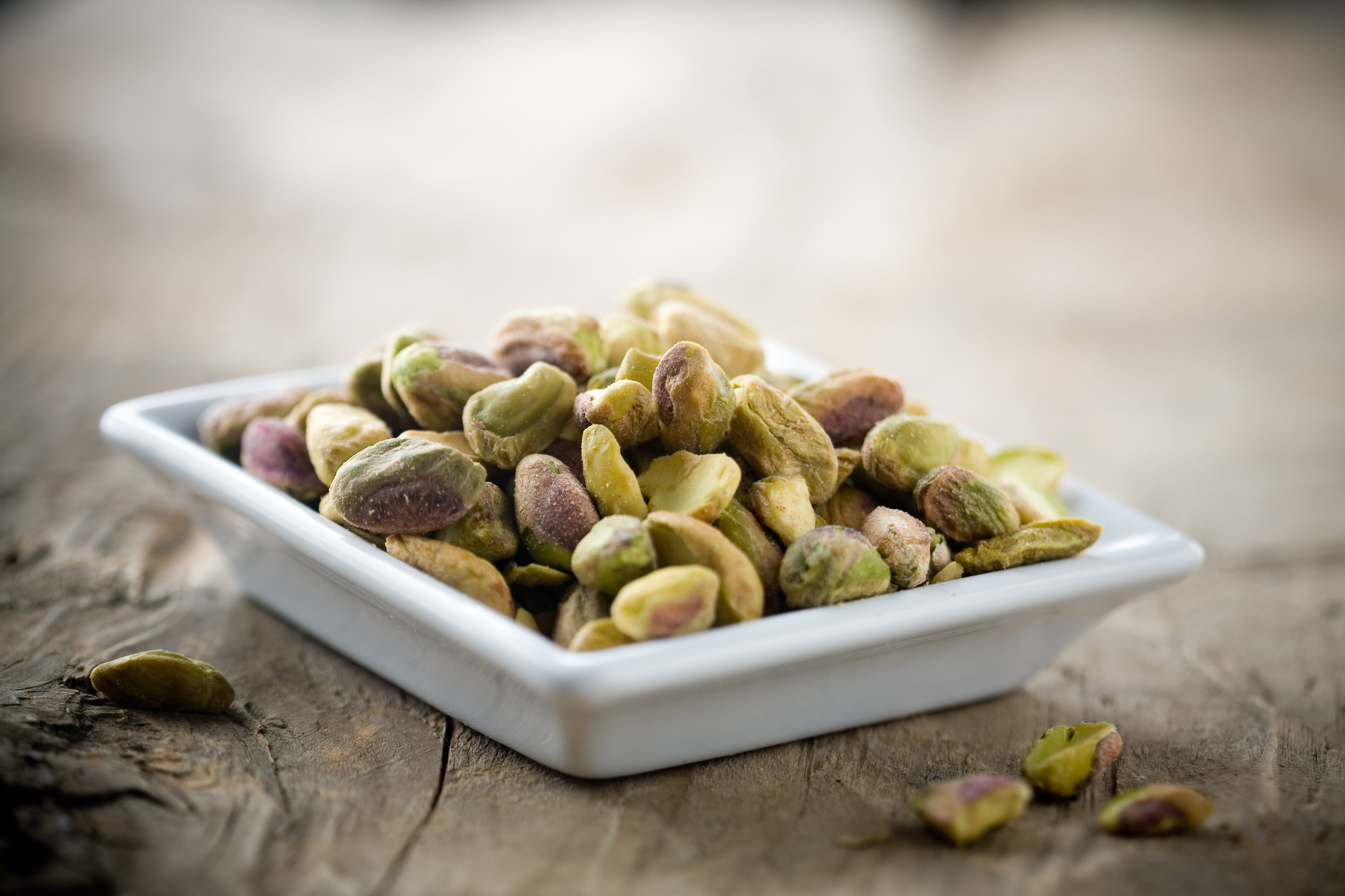For years, people have shunned the notion that nuts could be healthy because they are relatively high in fat and calories. But if you’re still of the camp that fat is bad, dietary fat makes you fat or you should avoid nuts because they contain too many calories, here’s news to use: Nuts are super nutritious, and regular consumption of nuts is associated with a laundry list of health benefits.
Nuts, including peanuts (which technically belong to the legume family), are nutrient-dense, loaded with healthy fats (such as heart-healthy monounsaturated fats), fiber, vitamin, minerals and antioxidants — namely polyphenols and phytosterols.
Observational and intervention studies have shown that nut consumption reduces:
- Blood lipid concentrations
- Oxidative stress
- Inflammation
- Abdominal/belly fat
- High blood sugar
- Insulin resistance
For example, one large meta-analysis of intervention studies showed that folks who consumed a little over ½ cup of nuts per day experienced significant reductions in LDL cholesterol and triglycerides along with an improved LDL to HDL cholesterol ratio.
What’s more, prospective studies have shown that nut consumption is associated with reduced risk of:
- Cardiovascular disease
- Type 2 diabetes
- Overall mortality
And if you’re worried about calories, here’s some research to ease your mind. Despite being an energy-dense food, nut consumption strongly increases satiety, reduces appetite and decreases caloric intake. Nut consumption is not associated with weight gain; in fact, it’s typically associated with reduced weight and reduced risk of obesity.
While all nuts are fair game, there are three types — not named walnuts or almonds — that lead the charge:
- Pecans. While walnuts and almonds tend to get most of the love, pecans rank off-the-charts when it comes to polyphenols, which have powerful antioxidant and anti-inflammatory properties. Pecans also have the highest total flavonoid content among nuts, and like hazelnuts, they are loaded with proanthocyanidins, which are polyphenols such as EGCG (found also in green tea) that is known for supporting a long list of health benefits, including metabolism and weight management. Pecans, surprising to many, rank as the most powerful nut when it comes to antioxidant capacity.
- Pistachios. If you’ve ever heard of resveratrol, chances are you know it best as coming from red wine. Believe it or not, pistachios are another great source of this powerful anti-aging compound. Pistachios also have the second highest polyphenol content among the nuts, as well as the second highest antioxidant power. Pistachios are also a robust source of phytosterols, which are well known for lowering LDL cholesterol.
- Hazelnuts. This powerful little nut ranks third among all nuts in antioxidant power and capacity. Hazelnuts trail only pecans, pistachios and almonds when it comes to their content of flavonoids, which are associated with a reduced risk of several chronic diseases thanks to their antioxidant and anti-inflammatory properties.

